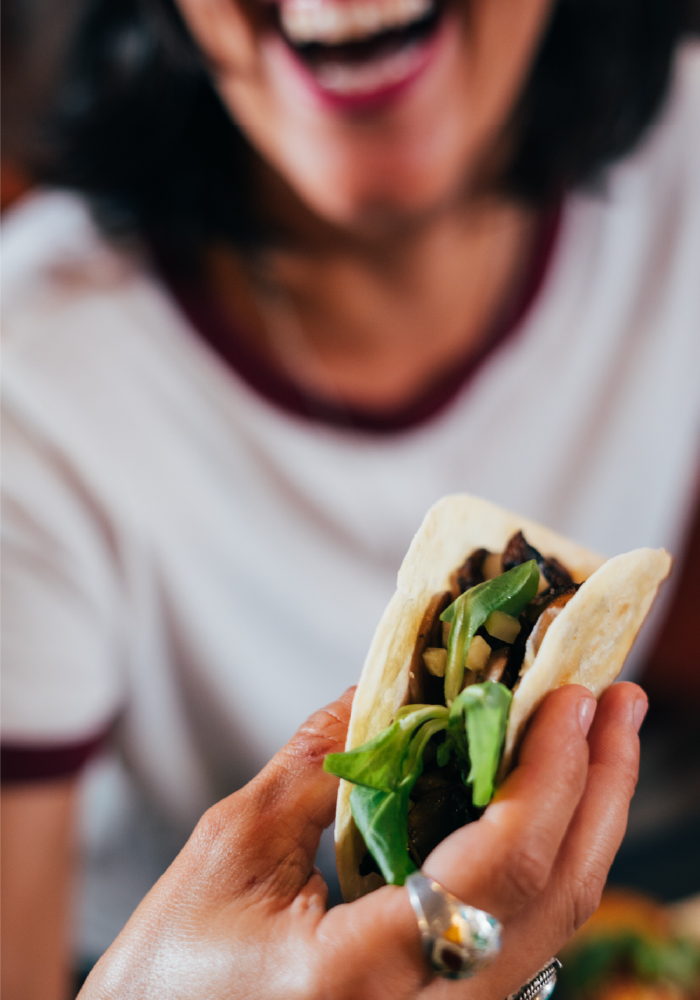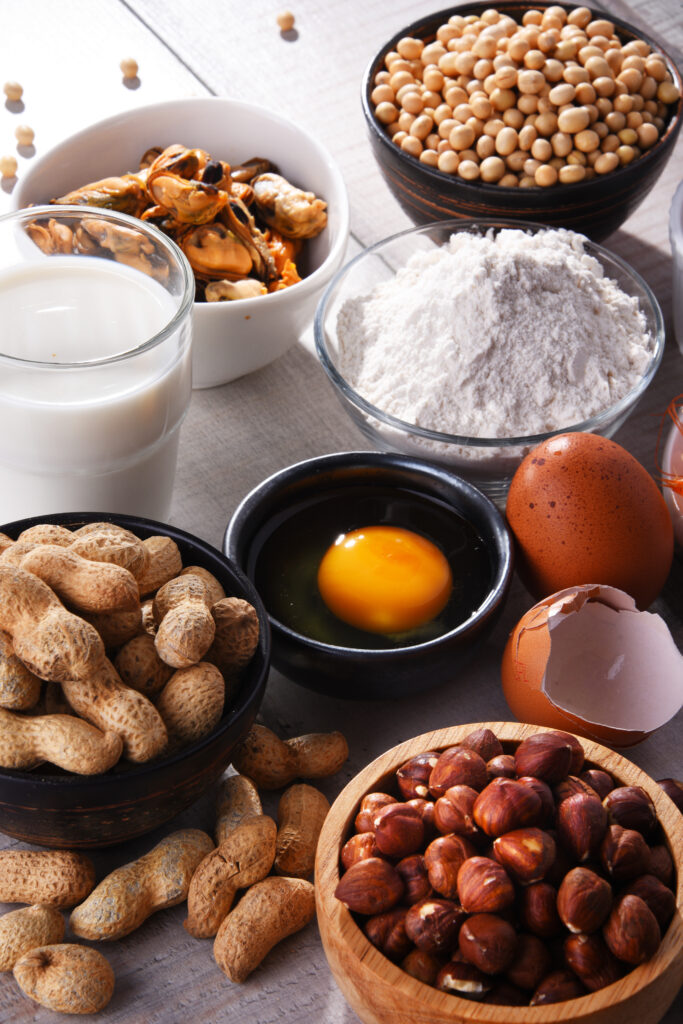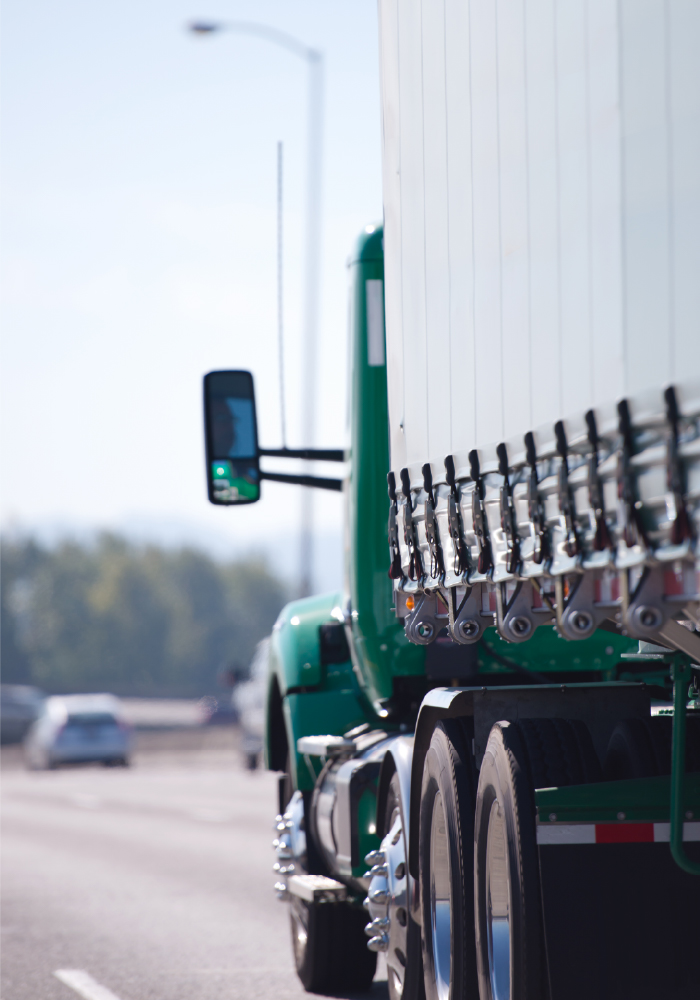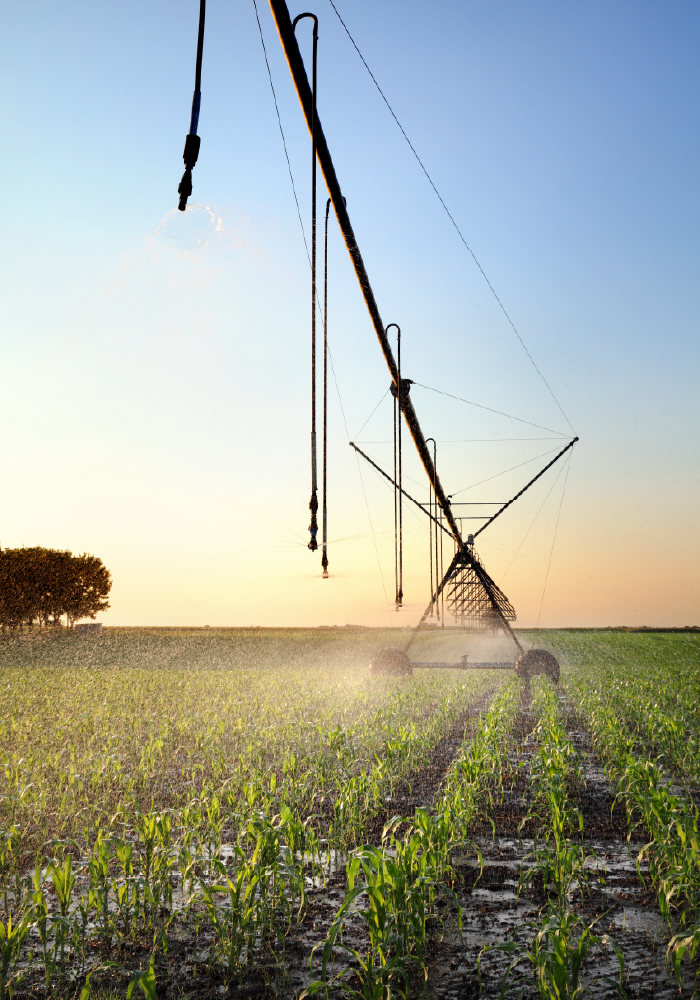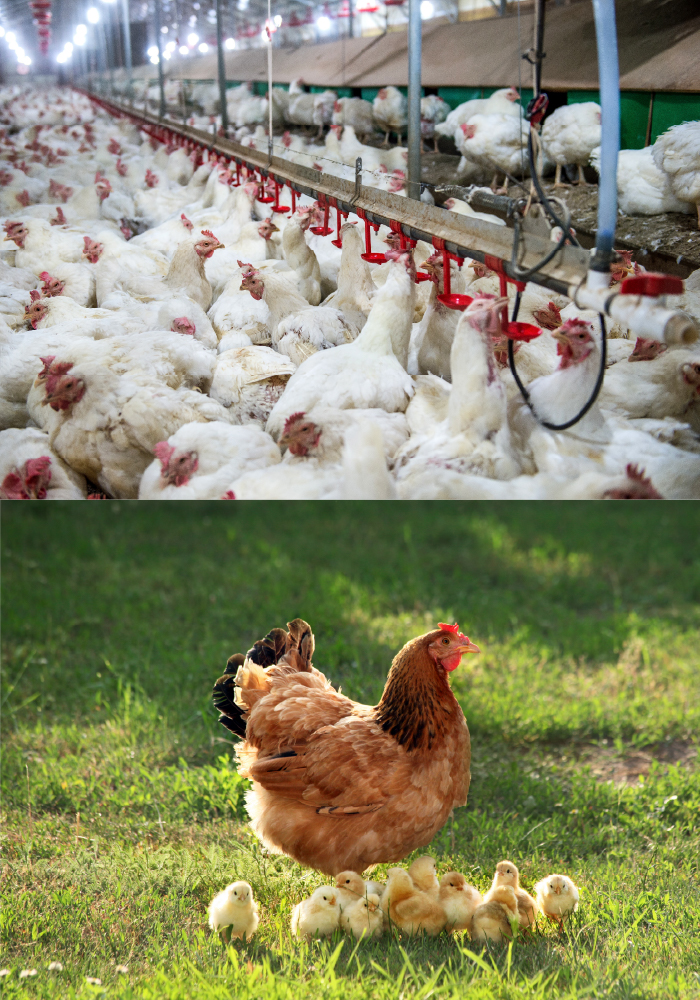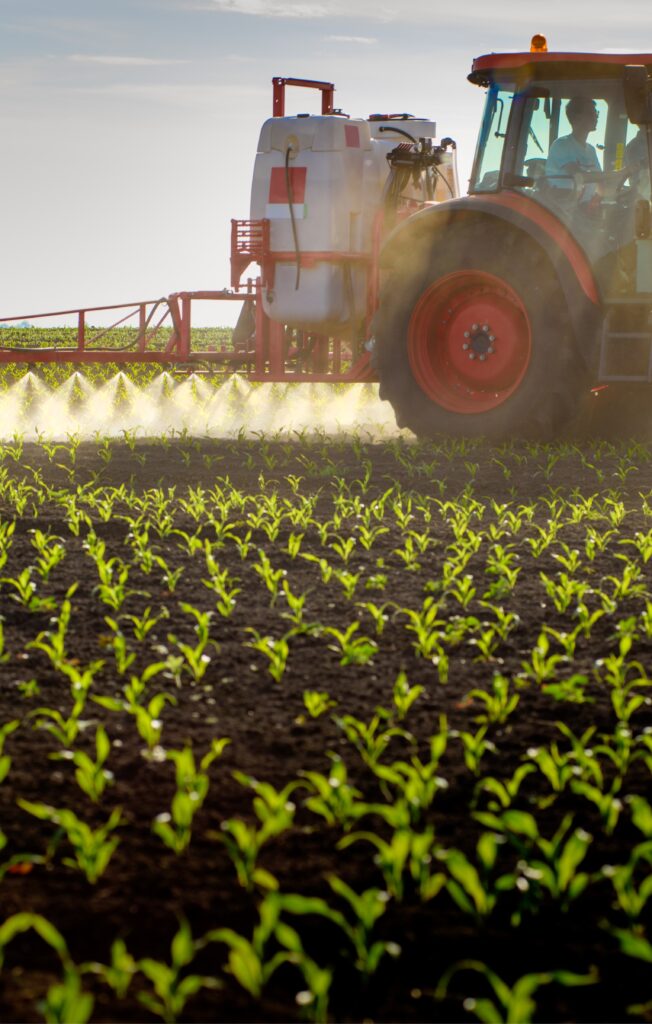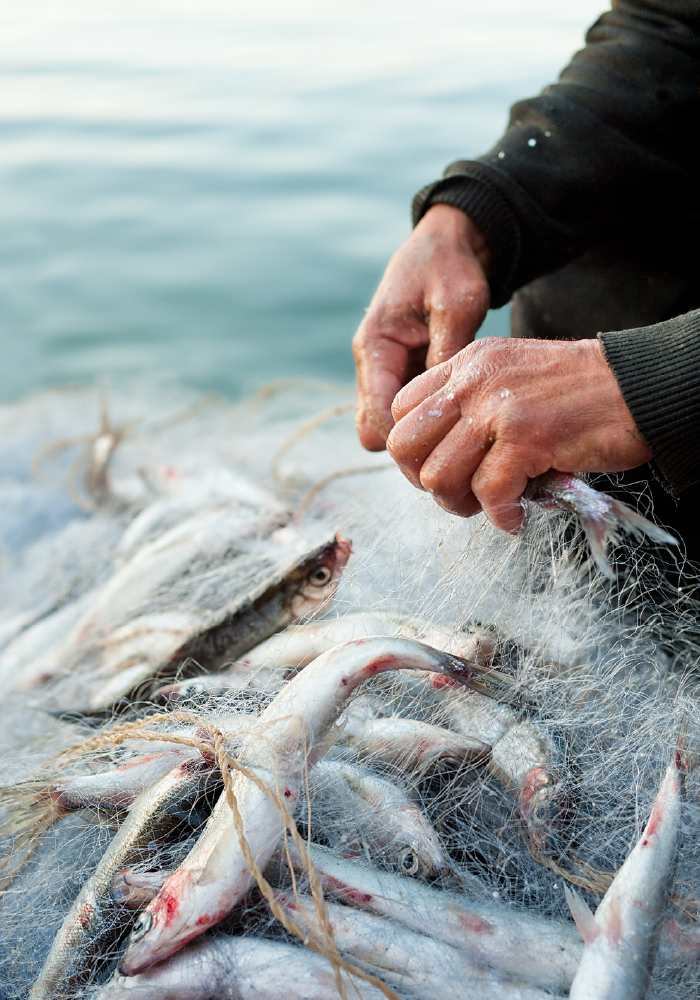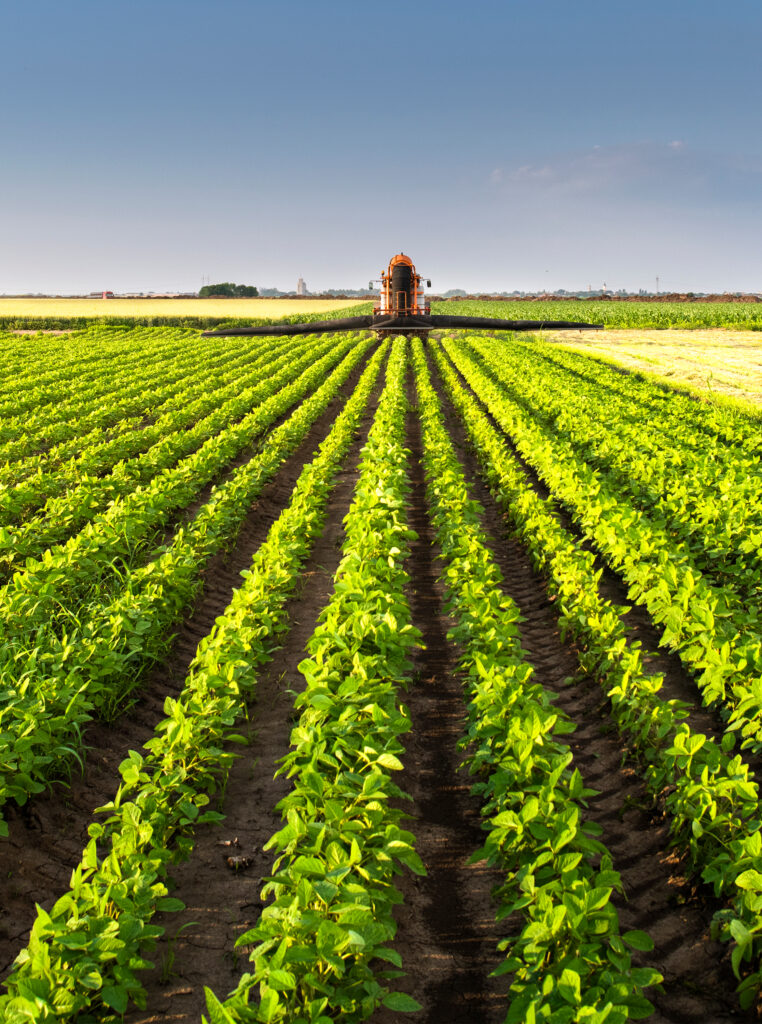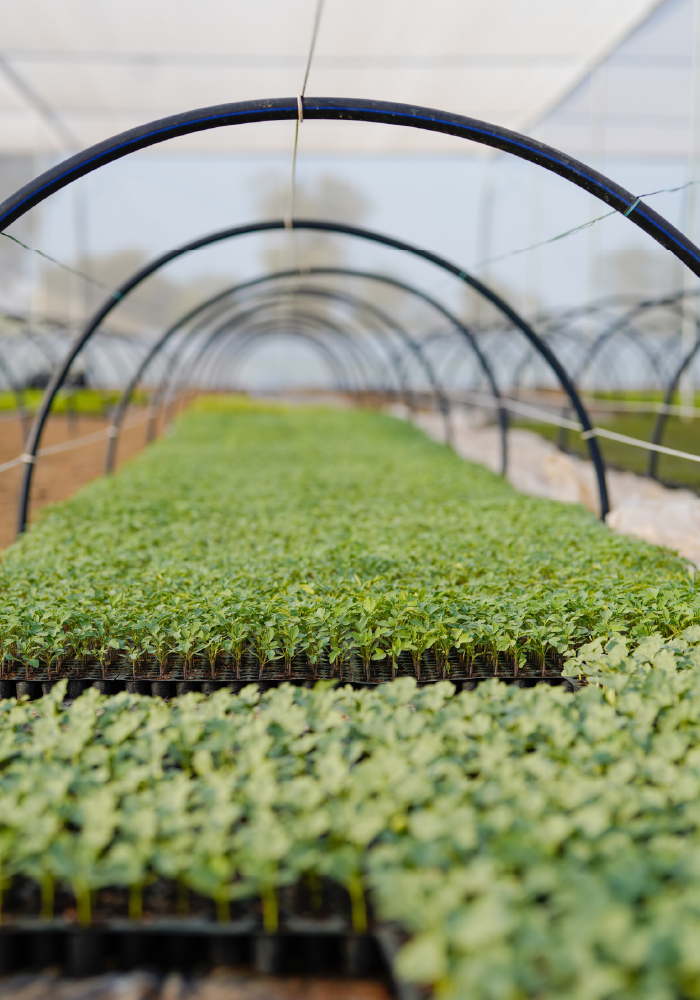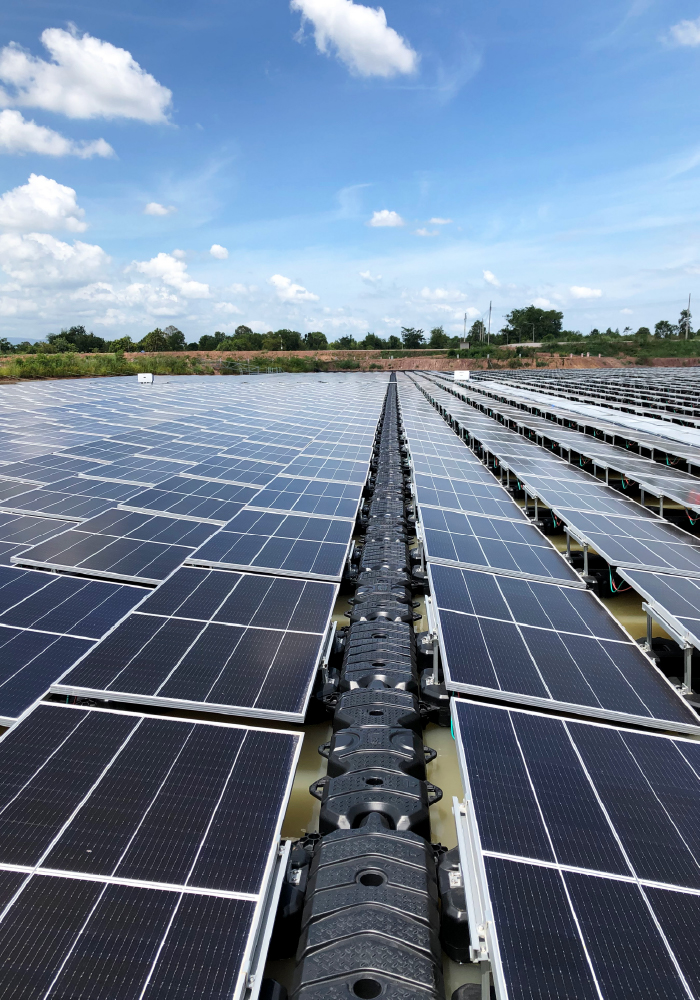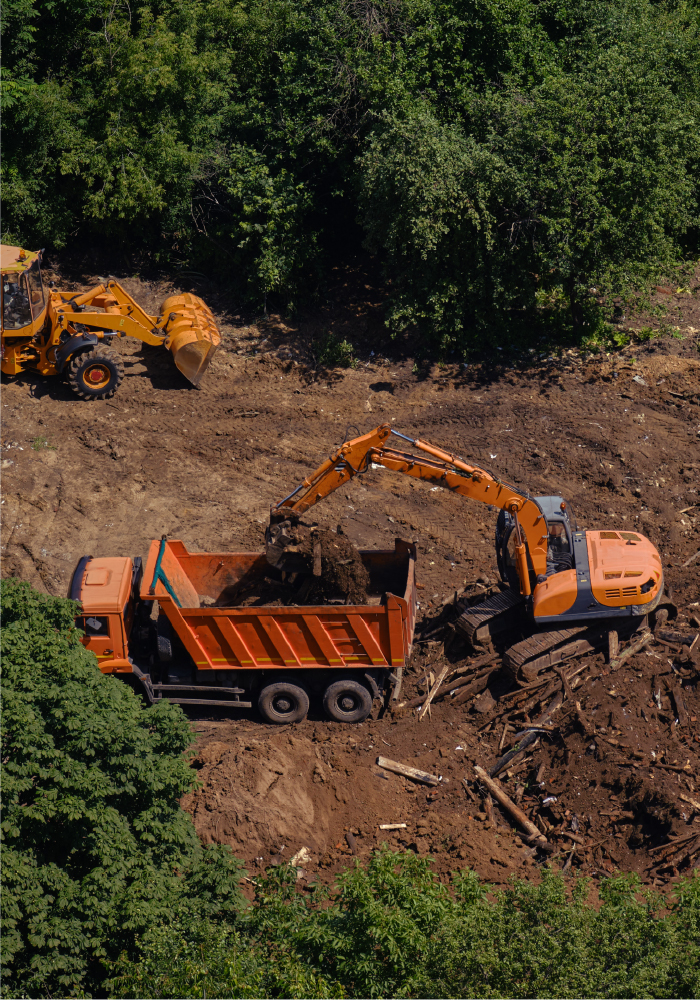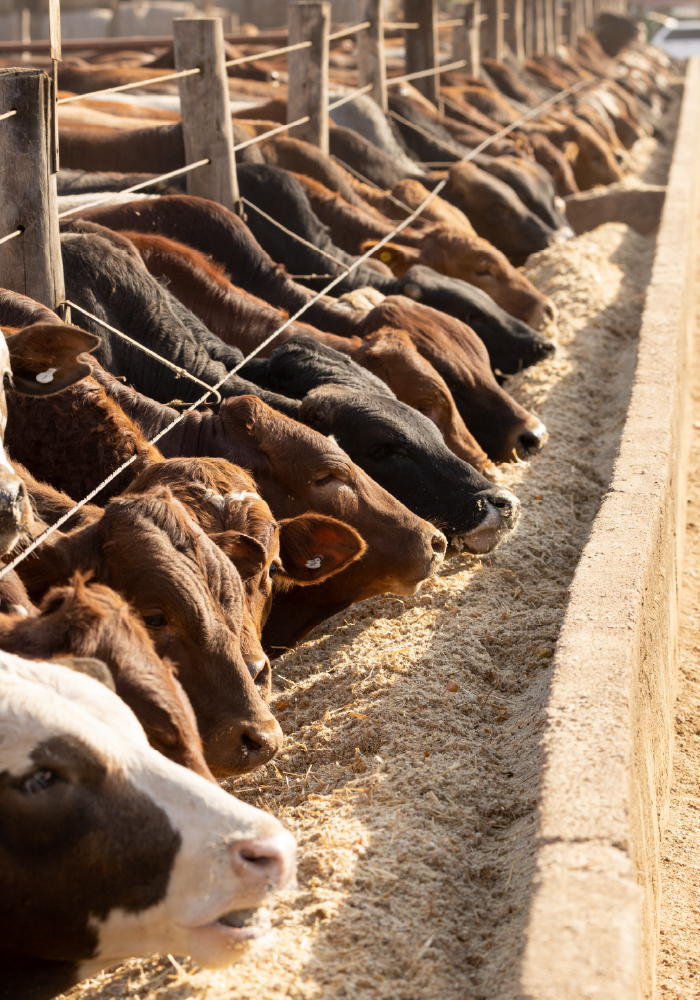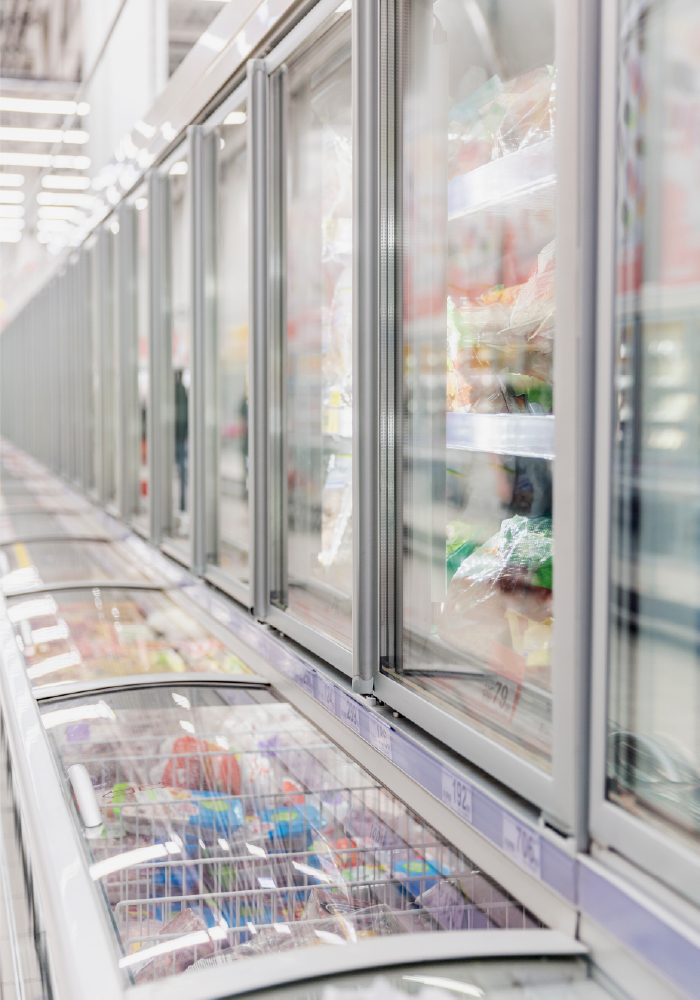ECO-SCORE® by Beelong
Our mission
Our mission is to promote transparency within the food market and convey the impact of food on the planet, in order to support restaurant owners, consumers and the food industry and forge towards the most sustainable food.
In 2050 there will be nearly 10 billion mouths to feed on the planet. Food is already responsible for a third of environmental damage and the way we pollute and deplete the earth's resources cannot last. Whether it is during the production of food, its transport, its conservation or its transformation, the ecological impact of food is even greater than the one of transport. We must therefore act and consume more sustainably.
But to consume more sustainably, you still need access to product information. And deal with the great lack of transparency in the food market. This is why Beelong evaluates all food products in a simple way and on the same scale from A+ to E-, by bringing together the information available both in the field and from the scientific community.
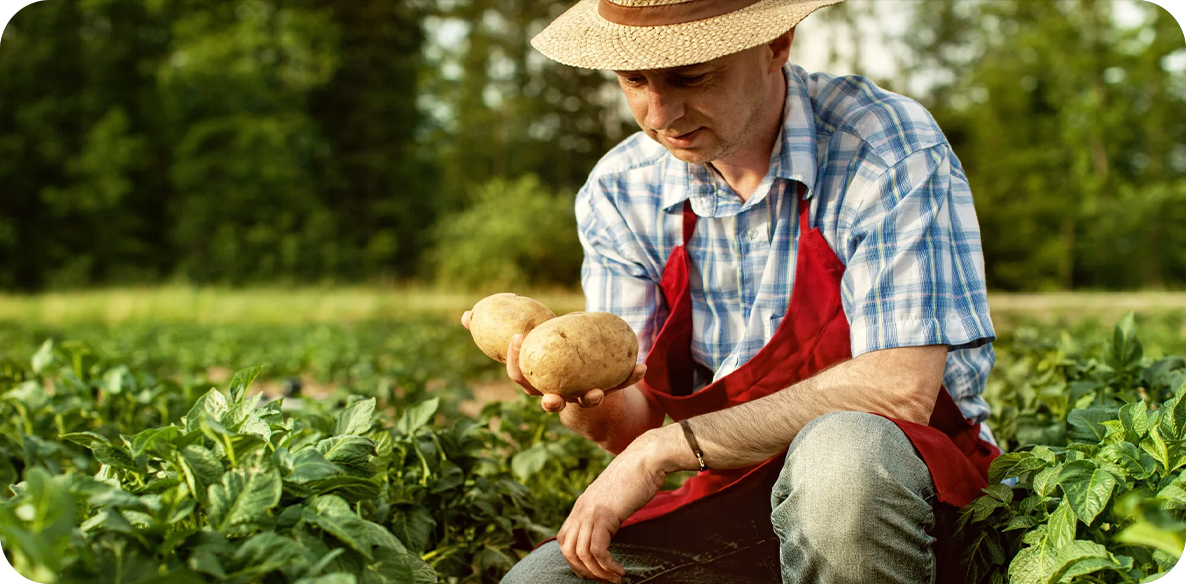
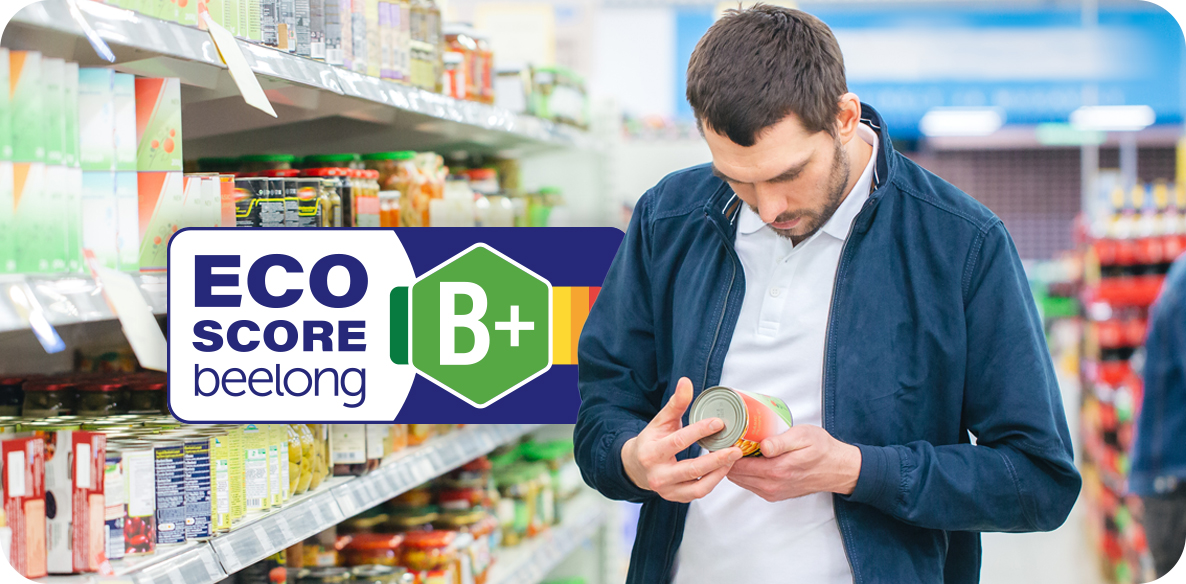
Knowing the environmental impact of your food has never been so easy
Tired of having to read complicated food labels? Would you like to be able to compare different brands to see their impact on the environment?
ECO-SCORE® by Beelong simply informs you about the environmental impact of food products in order to help you reduce it. And this with pragmatism, using current scientific data and information available on the market.

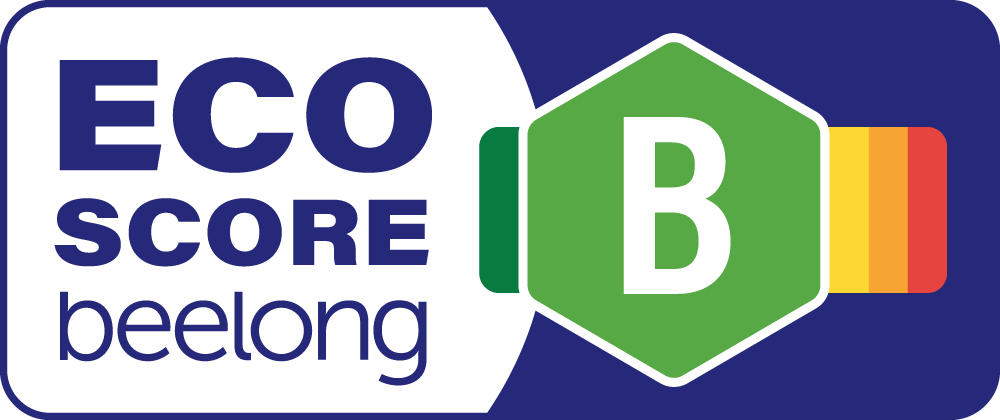

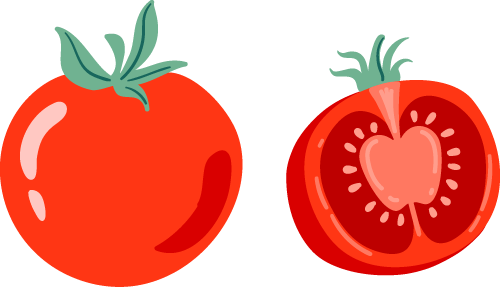


1. Calculate the environmental impact


CO2 emissions


Water footprint

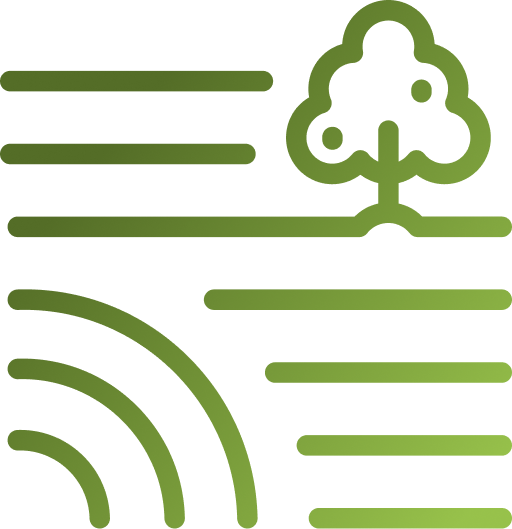
Land use


Refrigeration


Seasonality


Transportation


Distance


Packaging


Composition

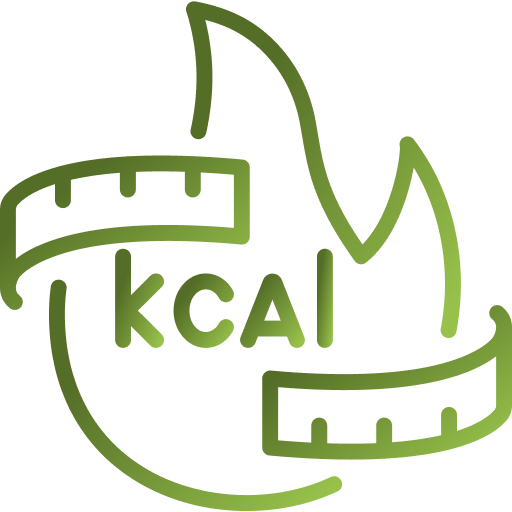
Energy intake

ENVIRONMENTAL SCORE: 80 /100 PTS
An environmental score is assigned following the life cycle analysis (LCA). In order to capture the impacts that the LCA does not take into account, a bonus/malus system is used to integrate the below criteria.
2. Valuing biodiversity & animal welfare


Labels


Endangered species


Breeding programs


Fishing methods


Agricultural legislation
3. Valuing good practices of companies & countries

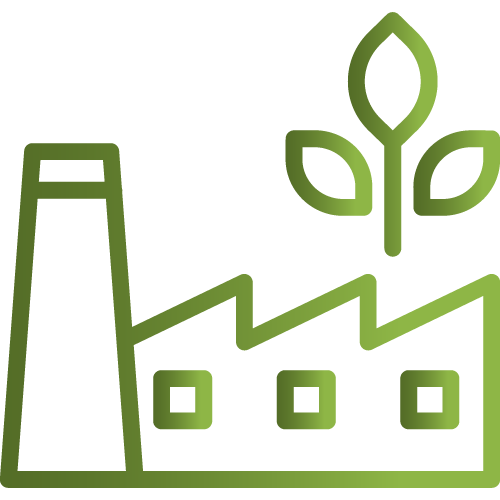
Sustainability policy of the company

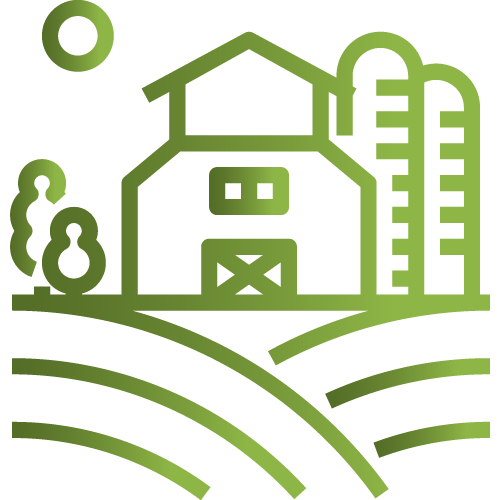
Sustainability policy of producing countries

FINAL SCORE: 79 /100 PTS

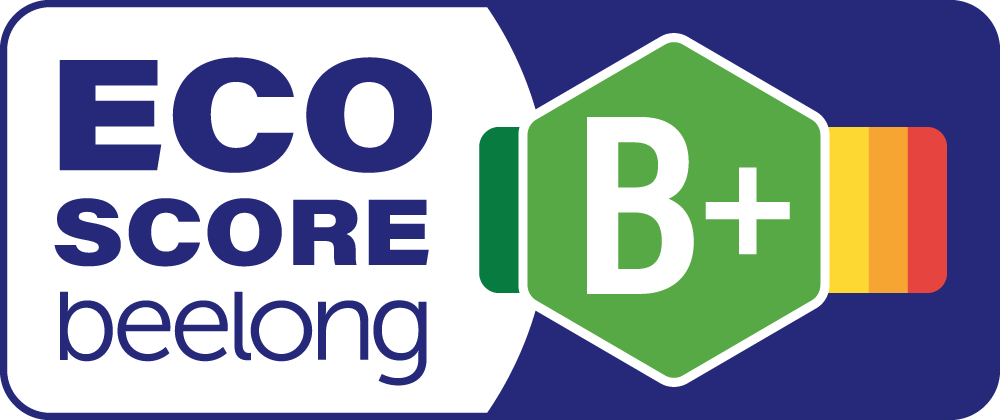
Click on ECO-SCORE® by Beelong to see the detailed results!
A constantly evolving methodology
The ECO-SCORE® by Beelong methodology and the above criteria have undergone several scientific revisions. It is constantly evolving as scientific knowledge and access to field data evolves. Version v.8 is the most current (2024).
ECO-SCORE® by Beelong provides a life cycle assessment (LCA) from field to shelf. It is based on data from the World Food Database, Ecoinvent and Agribalyse, as well as on actual data collected on food products (composition, production methods, distances traveled, etc.).
In addition, it allows the integration of parameters not usually considered in LCAs, such as the valuation of biodiversity and animal welfare.
Questions?
How is food product information collected?
Food product information can be obtained in two ways:
1. Via spontaneous research by Beelong or in the context of studies carried out for restaurants. Information is obtained from product data sheets, brand and retailer websites, or through direct discussions with brands and producers. Information is often missing and the eco-scores are given as an indication. They appear as "not certified" in the Product Database and in the calculator. An orange banner also identifies "non-certified" products on the Beelong data sheets.
2. Via the transmission of all the information directly by the brand. These products appear as "certified" in the Product Database and in the calculator. A green banner also identifies the "certified" products on the Beelong data sheets.
Who evaluates the products?
Beelong is a Lausanne-based company specializing in the analysis, popularization and communication of the environmental impact of food products. The company has developed ECO-SCORE® by Beelong that takes into account the most up-to-date scientific data possible as well as information available on the market. In addition, Beelong organizes and refines information on food products, controls the quality of information provided by brands, and ensures that the most up-to-date data possible is always used.
Is ECO-SCORE® by Beelong similar to a Life Cycle Assessment (LCA)?
La méthodologie de l’éco-score Beelong repose sur une analyse de cycle de vie (ACV) du champ au rayon. Les données sont issues d’une part des versions les plus à jour des bases de données WFLDB, Ecoinvent et Agribalyse, et d’autre part de données réelles collectées sur les produits alimentaires (composition, modes de production, distances parcourues, etc.). L’éco-score tient également compte de paramètres habituellement non considérés dans les ACV, comme l’impact sur la biodiversité et le bien-être animal.
The steps counted for the calculation of the carbon footprint, land use, water consumption and pollution are: the agricultural production of each ingredient, the cultivation under heated or unheated greenhouses, the transportation of the ingredients and the finished product (distances traveled, modes of transportation and refrigeration methods), and the packaging of the finished product. The eco-score offers aggregate information about the environmental impact of a food product in order to help the restaurant industry, the food industry and the population to reduce it. And this with pragmatism, using the most current scientific data possible as well as the information available on the market.


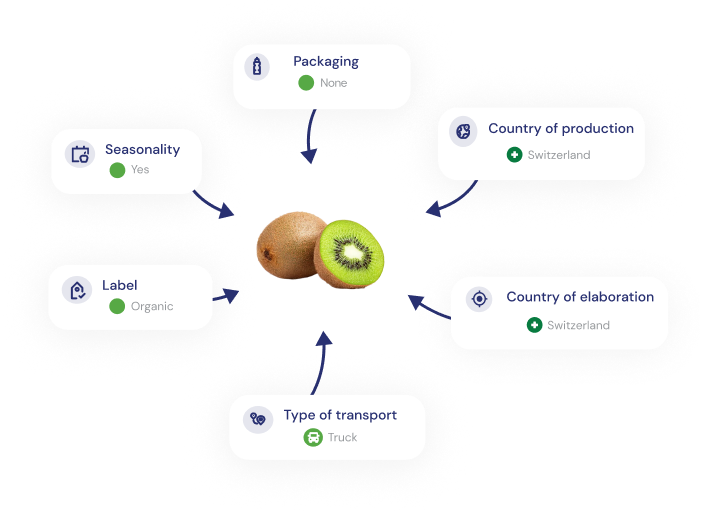
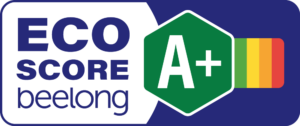
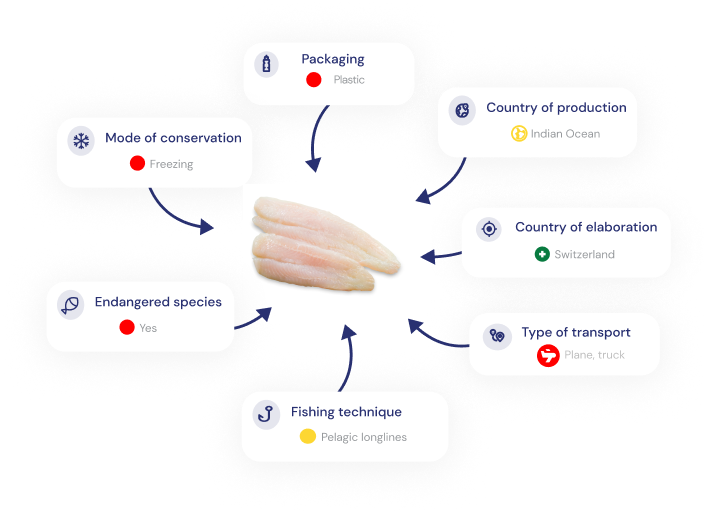
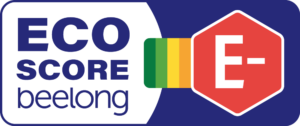
![[object Object]](https://beelong.ch/wp-content/plugins/beelong-carousels/images/products-carousel/products/NOISETTES.png)

![[object Object]](https://beelong.ch/wp-content/plugins/beelong-carousels/images/products-carousel/products/SAUMON.png)

![[object Object]](https://beelong.ch/wp-content/plugins/beelong-carousels/images/products-carousel/products/betterave.png)


